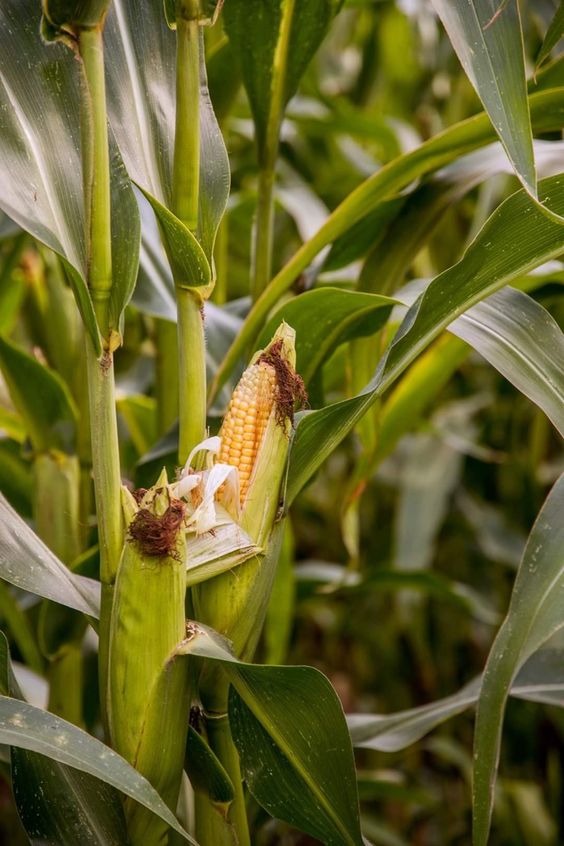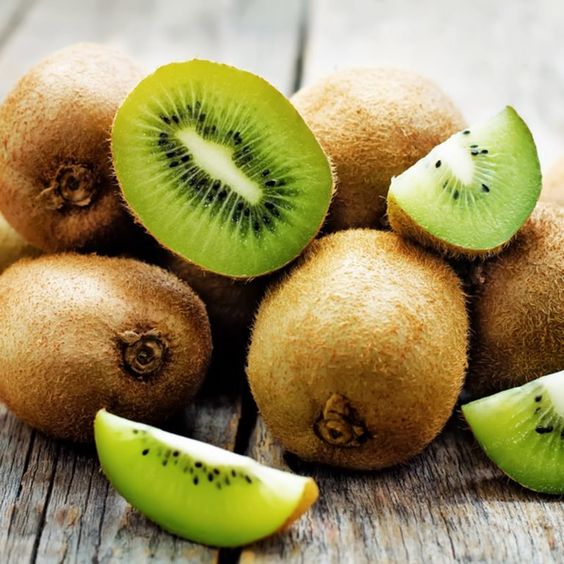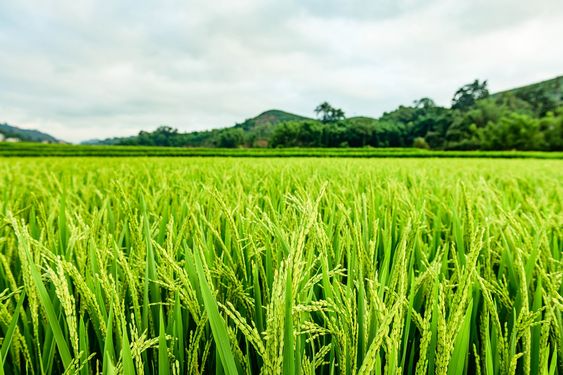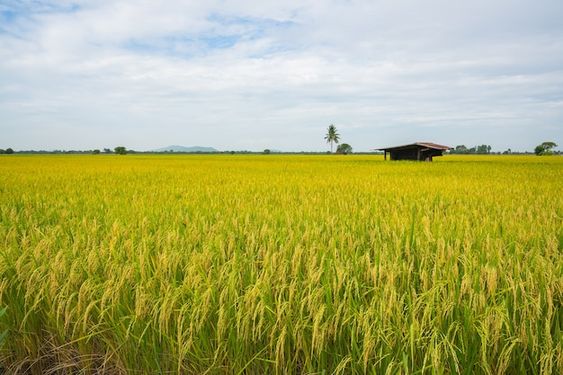Cultivating the Future: How Organic Corn Propels Smart Agriculture in Indonesia
Organic Corn,Indonesia’s agricultural sector is at a crossroads. While the nation boasts fertile land and a rich agricultural heritage, traditional methods struggle to keep pace with a growing population and a changing climate. Smart agriculture, with its emphasis on data-driven practices and sustainable solutions, offers a promising path forward. In this context, organic corn emerges as a powerful driver of this agricultural transformation.
Contents
Introduction: The Challenges and Opportunities of Indonesian Agriculture
Indonesia’s agricultural sector faces a multitude of challenges. Climate change disrupts weather patterns, leading to unpredictable rainfall and floods. Additionally, reliance on chemical fertilizers and pesticides harms soil health and pollutes water sources. Furthermore, traditional farming techniques often fail to optimize yields, leading to food insecurity and economic hardship for farmers.
However, these challenges are coupled with significant opportunities. Indonesia’s young population is increasingly tech-savvy, creating a fertile ground for the adoption of smart agriculture practices. Additionally, growing consumer demand for organic and sustainable products presents a lucrative market for farmers who embrace these methods.
Organic Corn: A Sustainable Powerhouse
Organic corn cultivation stands out as a beacon of hope in this evolving landscape. Unlike its conventionally grown counterpart, organic corn avoids synthetic fertilizers and pesticides. Instead, it relies on natural methods such as compost, cover crops, and biological pest control to nourish the soil and protect the crop. This not only safeguards the environment but also fosters a healthier ecosystem for beneficial insects and pollinators.
The benefits of organic corn extend beyond environmental sustainability. Studies have shown that organic corn often boasts higher levels of antioxidants and beneficial nutrients compared to conventionally grown corn. This translates to a tastier and potentially more nutritious product for consumers.
Smart Agriculture: Empowering Organic Corn Farmers
Smart agriculture practices empower organic corn farmers to optimize their yields and navigate the complexities of the market. Here’s how:
- Precision Agriculture: Sensors and data analysis tools help farmers monitor soil moisture, nutrient levels, and pest activity. This allows for targeted interventions, such as applying precise amounts of organic fertilizer or deploying natural pest control methods only where necessary. This reduces waste and optimizes resource utilization.
- Weather Monitoring and Forecasting: Real-time weather data empowers farmers to make informed decisions about planting schedules, irrigation practices, and harvest times. This mitigates the risks associated with unpredictable weather patterns, a significant challenge in a changing climate.
- Market Access and Connectivity: Smart agriculture platforms connect farmers directly with consumers and retailers. This eliminates middlemen, ensuring fairer prices for farmers and improved access to fresh, organic produce for consumers.
The Indonesian Context: Embracing Organic Corn for a Sustainable Future
The Indonesian government has recognized the importance of organic agriculture and is actively promoting its adoption. Initiatives include providing subsidies for organic fertilizers and training programs for farmers on organic farming techniques. Additionally, several private companies are investing in the organic sector, recognizing the growing consumer demand for sustainable products.
For organic corn to reach its full potential in Indonesia, a collaborative effort is required. Here are some key steps:
- Research and Development: Investing in research on organic corn varieties best suited to Indonesian climate and soil conditions is crucial. Additionally, developing effective organic pest and disease management strategies is essential.
- Infrastructure Development: Building robust storage and transportation infrastructure is vital to minimize post-harvest losses and ensure the quality and freshness of organic corn reaching consumers.
- Consumer Awareness: Educating consumers about the benefits of organic corn and creating a premium market for the product will incentivize farmers to adopt organic practices.
Conclusion: A Brighter Future for Indonesian Agriculture
Organic corn, coupled with smart agriculture practices, presents a powerful pathway for a more sustainable and prosperous future for Indonesian agriculture. By embracing organic methods and leveraging technological advancements, Indonesian farmers can enhance yields, improve soil health, and cater to the growing demand for healthy and sustainable food. This shift will not only empower farmers but also contribute to a more resilient and environmentally conscious agricultural sector for Indonesia. As the nation embraces organic corn and smart agriculture, it cultivates not just crops, but a brighter future for its food system and its people.




